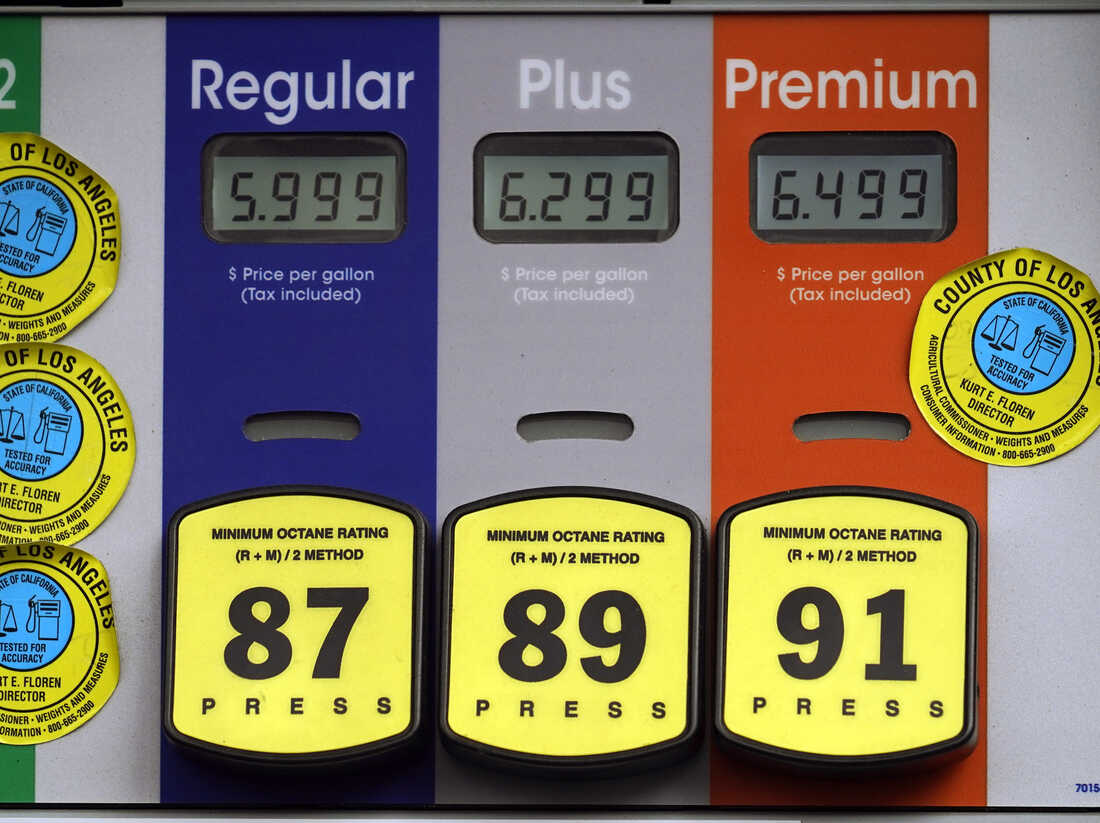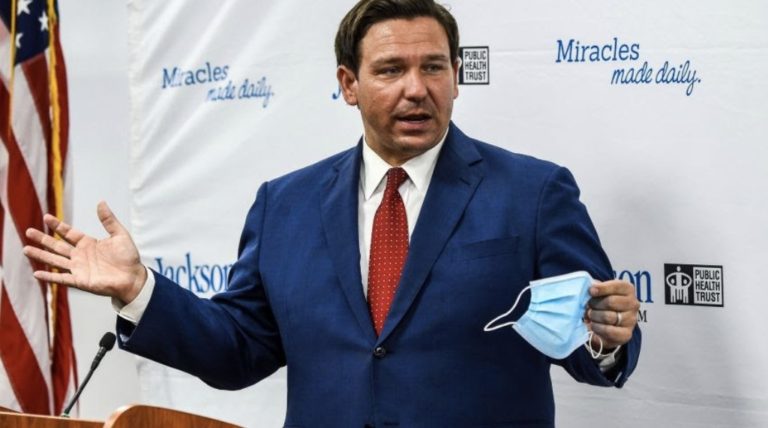
Gas prices are skyrocketing.
You’ve seen the memes. You’ve heard it on the news. Depending on where you’re located, you may have even experienced it firsthand. Gas prices are higher than they’ve been in recent U.S. history, surpassing the previous record set in 2008.
There are a number of reasons why this is happening, some of which include pandemic-related supply chain disruptions. But Russia’s recent invasion of Ukraine is a big part of what has triggered the most recent spikes. The United States, as well as much of Europe, relies upon Russian exports to an extent, but only 2 percent of the U.S.’ fuel comes from Russia.
The drastic price increase can be accredited to international geopolitical turmoil as well as a ban on Russian energy imports. Russia is one of the biggest producers of crude oil: the main ingredient in gasoline. This comprises 56 percent of what Americans pay for when they pay for a pump of gas. While there are a number of more sustainable fuel sources, these have proven time and time again to be less financially viable. Fossil fuels, energy sources deriving from coal, oil, propane and natural gas, still make up 79 percent of the United States’ energy consumption as of 2020.
Currently, the U.S. pursues what is known as the “all-of-the-above” strategy when it comes to importing fossil fuels. We consume fossil fuels in all of their forms and from various sources, as we do not want to be at risk of a resource deficit. We have also implemented very few knee-cap policies that would cut fossil fuel use, exacerbating fossil fuel’s growing threat to the climate.
U.N. Secretary General Antonio Guterres referred to this as “mutually assured destruction ” fueling a societal trajectory towards irreversible climate change.
But what can we do? Natural fuel sources have proven to be less efficient, more expensive and in some cases (such as nuclear energy) entirely restricted from expanding. There has been talk of cutting ties with Russia’s export purchase, but the U.S. would still be reliant upon other nations’ resources.
Saudi Arabia would be able to produce additional crude oil, as well as other nations. But in these instances, we would still be relying on external sources to provide us with the resources that are so fundamental to the country’s functioning.
We need to cut our ties with foreign fossil fuels altogether. They are not sustainable and have proven time and time again to be harming the environment. During current struggles for oil acquisition, people are losing jobs and oil wells are ceasing production. For lack of a better term, this fuels the argument for a lower carbon world.
Yet shifting to entirely renewable energy is not a simple task for any party involved. Fossil fuel companies have repeatedly denied the problem and policymakers have remained reluctant to enact changemaking policies. Certain qualities of fossil fuels are difficult to replicate, such as their energy density and ability to reach incredibly high temperatures.
Shifting to entirely renewable energy sources would be cheap in the short-term, but its long-term implementation would be much more costly.
Clean energy is often communicated as an ever-abundant and affordable alternative. However, we cannot ignore the costs associated with this shift, as it plays a significant role in how these countries can implement these policies.
MIT researchers estimate that battery storage needs to fall to 90 percent in order to replace fossil fuels, which has often been cited as a possible energy substitute. Green hydrogen has also been a talking point among climate scientists, but it is unlikely that this will be a cost-competitive option before 2050. In this scenario, we would need to rely on fossil fuels while spending trillions of dollars on improving these up-and-coming options.
Climate change is an urgent issue that requires quick and aggressive action, but its mitigation is not going to have a straightforward solution. We need to discuss these issues and their solutions with a critical eye. Any solution to benefit the environment will have social consequences.
This is why simplistic arguments advocating for fossil fuel abandonment, waste-free living, or even plant-based diets, are all going to be disproportionately accessible. More affluent populations will be able to pay for the higher price points, whereas those with fewer financial resources will struggle to keep up.
It’s contentious, and difficult, to discuss the inequalities posed by climate change remediation efforts. However, these conversations are critical in ensuring a path forward, where consumers can contribute to the best of their ability while advocating for structural and political shifts that make the biggest impact. These should include subsidies, where more environmentally sustainable alternatives are available to greater portions of society.



